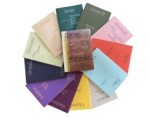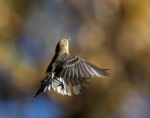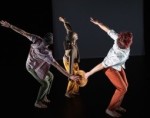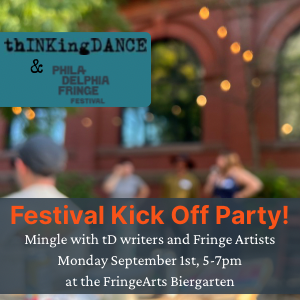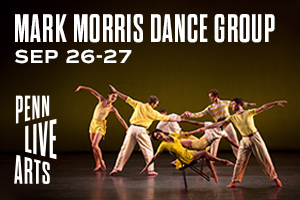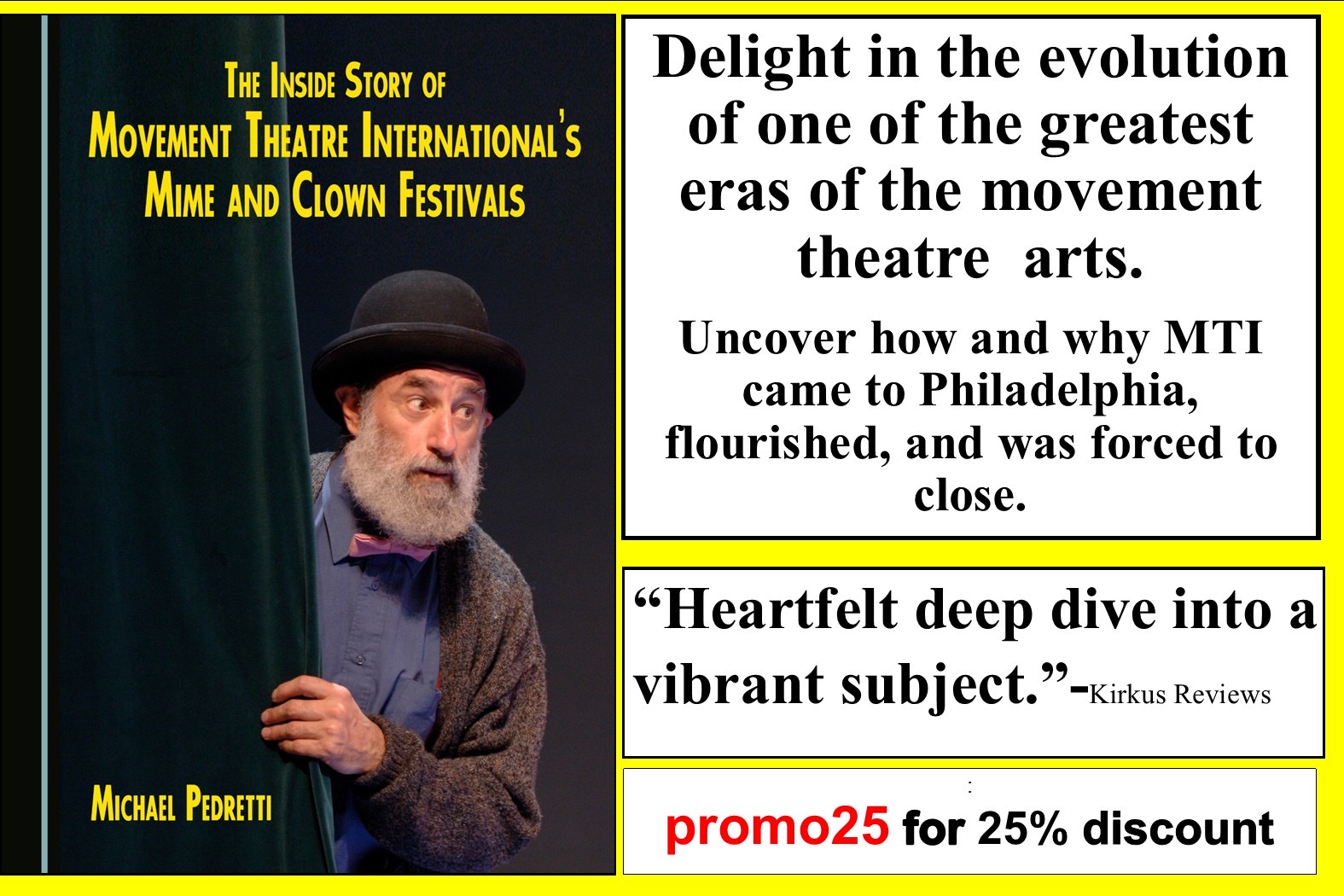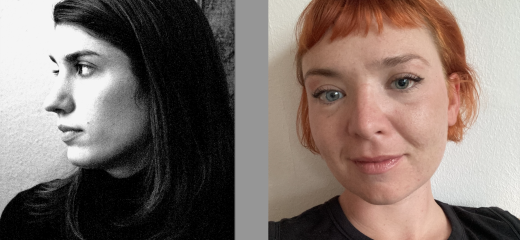
Questions for the Disruption of Harm - an interview with Whistle
by Emilee Lord
Whistle co-founders Robyn Doty and Frances Chiaverini launched their final project at the beginning of January: Disrupting Harm in Dance - a tool kit “designed to support dancers and dance institutions in addressing sexism, exploitation, abuse, ableism, white supremacy, toxic capitalism, and more in the workplace.” I asked them to join me over Zoom to discuss the beginnings of Whistle and the intended impact of this work.
Emilee Lord: Let’s start with who you are and your relationship to dance.
Frances Chiaverini: I have a kid, and we live in Zürich, Switzerland. I'm working as a full-time employee at the Schauspielhaus Zürich. I've also recently choreographed and performed in an operetta by a German group called Bruch. Robyn and I were friends long before we started this work.
Robyn Doty: I'm an organizer, not connected to dance outside of my work with Whistle. I have a background in activism, organizing, and teaching. While none of the thoughts are mine, I helped shape things. I live in New York.
FC: We started in 2017 as a publicly facing online archive where dancers could submit instances of the sexism they experienced. That’s where we first placed our focus.
RD: We had one very public open forum at the Tanz platform in Essen and private ones with dancers throughout Germany, where this started. And Frances went to LA and New York. The very beginning was just asking questions and letting people talk about their experiences. And from that information, we created workshops.EL: I'm curious about how you were collecting data and what you were pulling from that.
RD: Much of it started with a super classic teacher format: blank paper on a wall with permanent markers. We would have people write down what was impacting them. And we saw much of the same information repeated over time. From there, things like financial abuse became a topic. It was pretty easy to find the commonalities of abuse, and that is where we ended up focusing.
FC: I was experiencing abuse at work and began understanding that what I experienced in my training was also traumatic and abusive in a lot of ways. Robyn would lay out these formats, and at the end of each forum, the sheet of paper was covered, just trying to define what abuse is in dance. Because no one's really saying what it is. And therefore, all of us dancers don't really know if what we're experiencing is ok or not.
EL: I see a lot of places online where people identify problems. Whistle does that. But I also see it seeking actionable solutions to the problem.
FC: Robyn brought that in. The very practical side of it. I brought the dancers. People will talk about their experiences. And I found, at least in European circles, there was a lot of opportunity to talk. But then what? How are we going to make change? How am I going to experience my job differently? And that's where Robyn’s tools as an educator came in.
RD: Many of our resources are questions for people to ask themselves and each other. It was specifically important for us not to offer checklists. That feels like an institutional Band-Aid for what is actually systematic oppression. And questions help people come to solutions for themselves and for their local communities. It's not like Frances and I have answers for every single scenario. But our material helps put a focus on actionable steps.
EL: Is there stuff here for the institutions trying to check themselves?
RD: There's one resource that’s for teachers or choreographers regarding touch. Another example is our inclusion of Sydnie Mosley’s Eight Questions and Steps to Decolonize Your Teaching Practice. These are directly for people in positions of authority or power, but whether you're a dancer or coming from an institution, there are things that will be valuable.
FC: It was easiest for us to focus on what happens in the studio. We really wanted to go to the institutions at the highest level, but we weren't invited, and none of our requests were answered. We approached universities and artistic and executive directors. The only people who know how those places work are those people, and it's convoluted almost always, especially in American universities. How can we work with institutions and tell them what they need to change if they are hiding the way they work?
RD: But what we would tell them are very basic things like you need to protect your dancers, you need to create a protocol, you need to make a situation, make an environment where they feel safe to talk to you and speak out. You need to take their complaints seriously. You need to make a model for accountability. You need to have consequences.
FC: And it felt to me like those were locked doors, and I really wanted to stop feeling like the culture was controlling me and my experience as a professional dancer or training dancer. A way for me to feel like I had a little bit more control over my experience was to organize myself and to organize the community.
EL: Can we talk about accountability? On the site, you broke down the difference between cancel culture and accountability culture. Can you do that here for our readers?
FC: One of the accountability resources Robyn introduced to Whistle doesn’t call someone the abuser. It humanizes them by using “the person who caused harm” and still holds them accountable for their harmful behavior while giving space for them to reshape their practices. Cancel culture refers to public shaming. I don't know if much movement can happen from being publicly shamed. I am interested in people who cause harm being given information about the repercussions of their behavior [and] publicly addressing these issues but without shame.
RD: It’s important to alert someone, even publicly, of their harmful actions. My sources for all of this are through Black feminist abolitionist work. Accountability culture is: if you're an abusive choreographer, maybe you shouldn't be hired [...] that's a consequence. But do you have the resources to unlearn that behavior and then also be held accountable for it moving forward? And because it is not the job of the one harmed, who in the community is going to support that learning?
RD: As our last project, it felt important for us to pull this all together. The site is an archive of everything that we've learned and many of the people that we think are really helpful to the subject. We want people to take these tools and use them, deconstruct them, and riff off of them. These materials aren’t something you go through from A to Z. It’s a collection of resources.
FC: We created what was meaningful to us with the people who are meaningful to us. And I really hope that there are even more iterations of this in the future. I think it’s incredibly important that it stays living rather than fixed.
EL: Is there a measure for change in this way?
RD: My first impulse is to reject the concept of metrics and measurement. I feel like that is a little bit too capitalistic for what this work has the potential to be. But I understand that you're asking, maybe, how you can notice changes. And so we can ask, are people making complaints readily in a way that they don't feel nervous about? Because the thing is, harm will happen. And for me, it's more about how low the barrier can be to hear about that from even the most vulnerable. At the heart, how protected does someone feel if something bad happens? Being able to speak up and being supported in speaking up is the highest caliber of measurement for how safe someone feels.
Disrupting Harm in Dance - a Whistle online culminating project
By Emilee Lord
February 21, 2024


